Football fever takes over
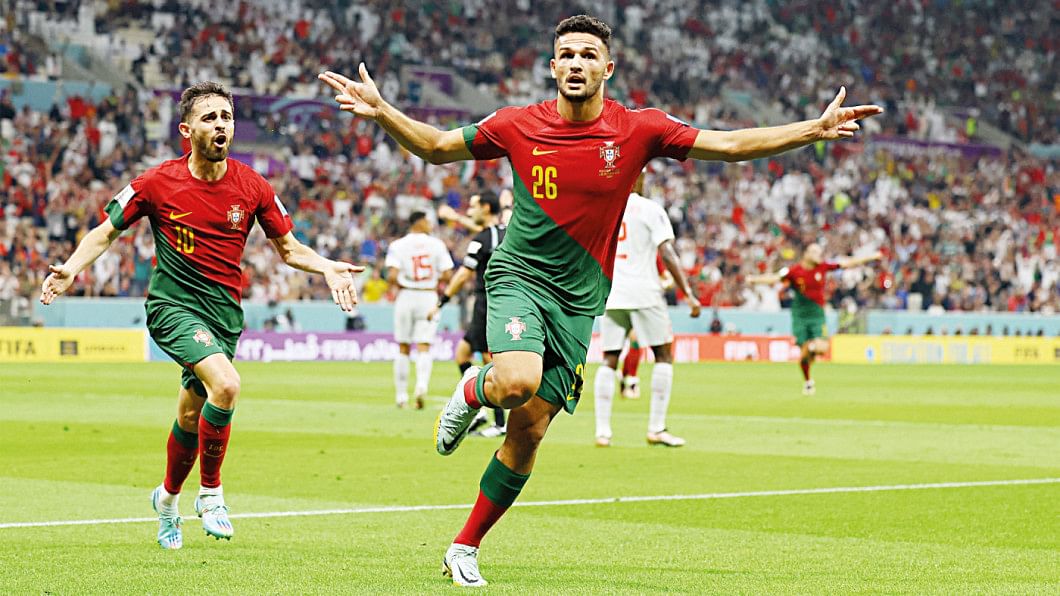
Sports and politics had long been interlocked in such a way that the intention to view sports from an apolitical lens becomes, like it or not, a political stance.
Sure, at its core, on the face value, the two appear as immiscible as oil and water. Kids who aspire to be the next Lionel Messi or Cristiano Ronaldo do not necessarily fantasise what statement they would make if they ever get to don the national colours.
Learning the craft of their idols, being on the ground through thick and thin, each and every day, experiencing the adrenaline of switching from despair to delight during games, sharing triumphs and agony with friends and peers, is what truly matters at end of the day.
However, when it comes to a colossal event in the form of a football World Cup -- a quadrennial spectacle which draws the attention of billions from all over the planet; and beyond, assuming aliens exists and are secretly observing us during special occasions -- sports and politics appear to remain no longer immiscible, as the non-trivial container is constantly shaken and heated.
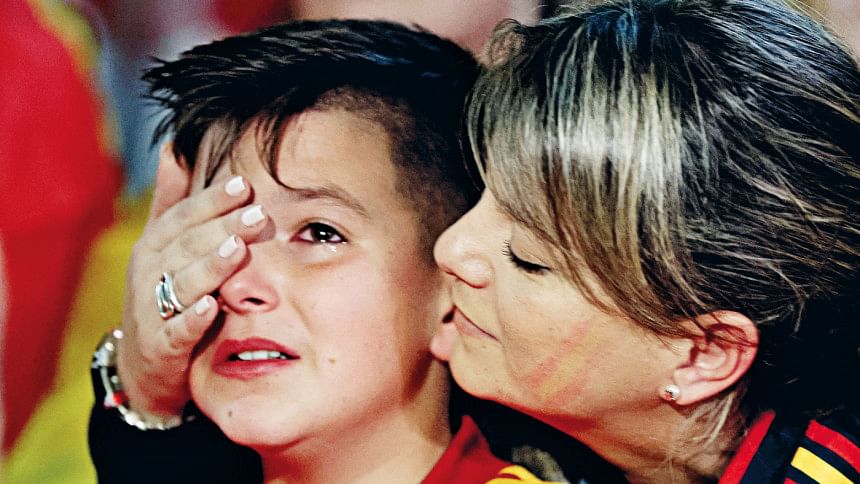
This World Cup already reminded how magnificent the game is, overshadowing all those pre-tournament controversies surrounding the hosts' history regarding human rights abuse; although FIFA, the game's governing body, did intervene to prevent as much personal and political protest as possible. Despite all measures, we saw the Germany team pose with their mouths covered as a mark of protest against the oppression of freedom of expression.
Like the thought-experiment in quantum physics involving Schrodinger's Cat -- one that is both dead and alive unless observed -- the ongoing World Cup, that commenced on November 20, stayed in the state of sports-politics superposition up until around the first 10 days of action.
In that period, interestingly, the Emir of Qatar waved the flag of Saudi Arabia -- a country they are engaged in diplomatic conflict -- when they took on Argentina. Meanwhile, Iranian players refused to sing the national anthem as they expressed solidarity with the women's rights protests in their country.
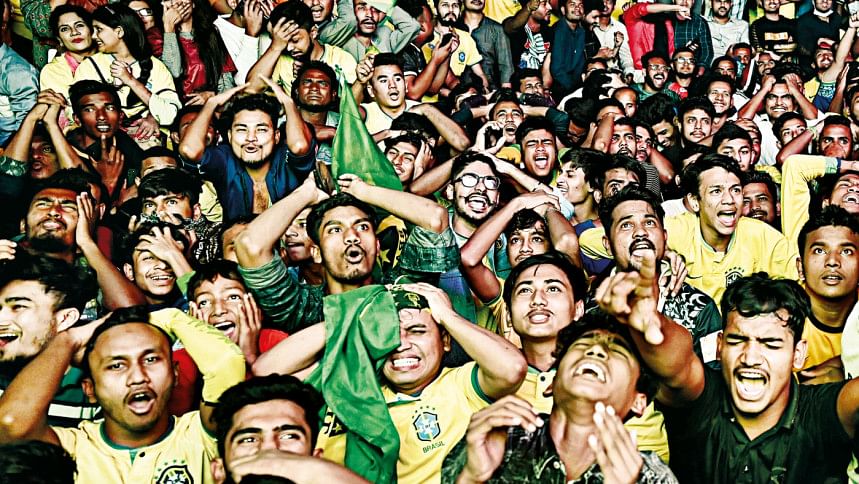
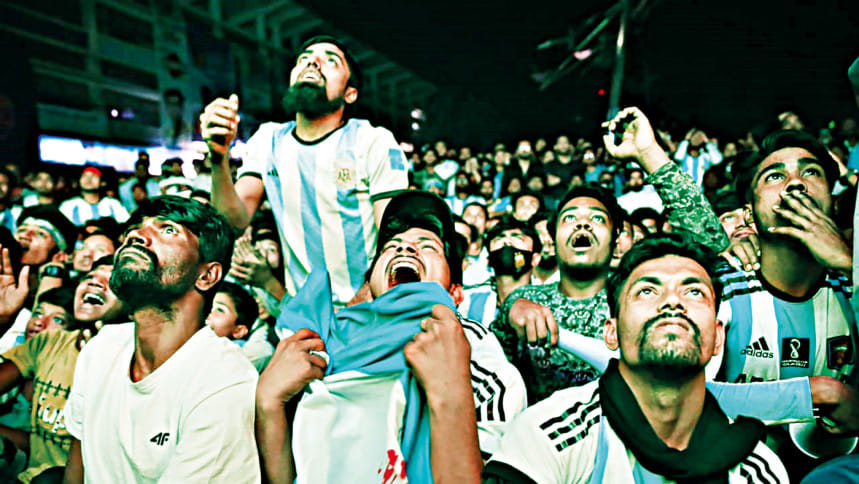
Moreover, holding a rainbow flag and wearing a shirt saying "Respect For Iranian Women" on the back and "Save Ukraine" on the front, a pitch invader made his presence felt during the Portugal-Uruguay encounter. A similar incident happened during the France-Tunisia game, when a Tunisian fan waving the Palestinian flag ran onto the ground.
After 20 games or so, involving the first third of the group stage where Argentina and Germany were beaten by Saudi Arabia and Japan, respectively, suddenly the Cat was out in the open and observed to be Alive. There was no looking back from then on; and even though political affairs appeared closer than they actually were in the rear-view mirror, pure football had taken over.
Is 'Why is football so fascinating?' one of the most rhetorical questions out there? In other words, can it be a question anymore when this game has produced so many spectacles in the past?
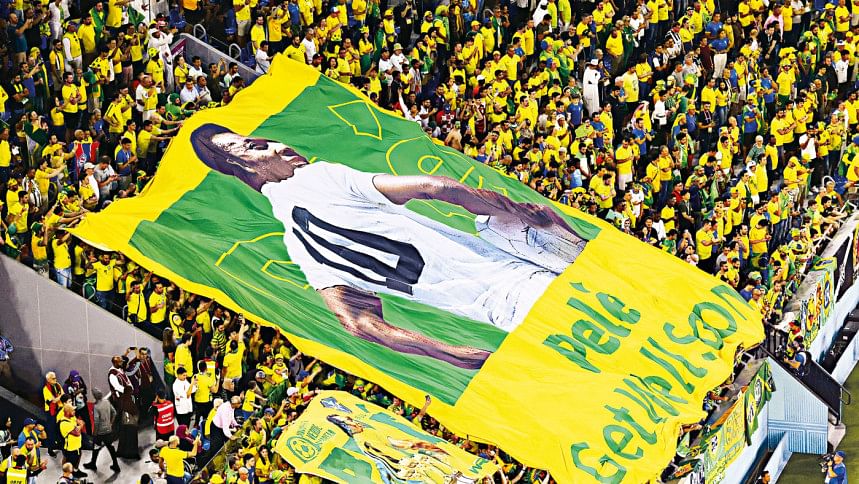
For the newbies, and there are plenty, who have entered the fascinating portal of footballing extravaganza, all the happiness and amusement of the ongoing Qatar World Cup will plant many early-childhood memories, to be forever treasured.
The beauty of football is that it is a game dictated by the beauty of simplicity. Technical analysis becomes no more than jargon to the numerous casual football lovers, plenty of whom get to enjoy the unique experience of supporting teams from outside their country. Case in point: the Brazil and Argentina fans in Bangladesh who make up the majority by a landslide.
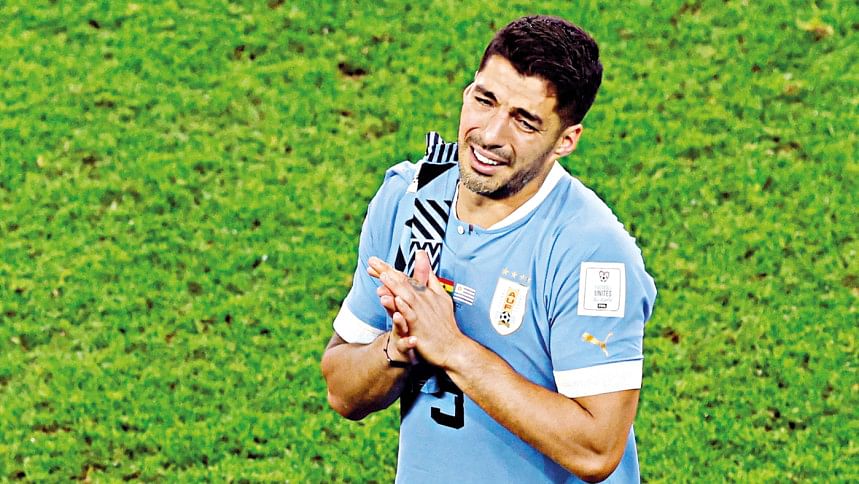
Despite the ever-increasing dependency on technology, football still remains simple, and yet so powerful. Unlike any other form of entertainment, it re-enacts the drama of real life in an hour and half or more. Almost like a strange feedback loop, it makes daily life's struggle to be perceived in the light of sporting spirit. Cannot move on from a really bad day at the office? Perhaps remember there is always scope for redemption, like how Messi scored the all-important goal against Mexico, or how Costa Rica overcame Japan on the back of a seven-goal rout.
This World Cup already reminded how magnificent the game is, overshadowing all those pre-tournament controversies surrounding the hosts' history regarding human rights abuse; although FIFA, the game's governing body, did intervene to prevent as much personal and political protest as possible. Despite all measures, we saw the Germany team pose with their mouths covered as a mark of protest against the oppression of freedom of expression.
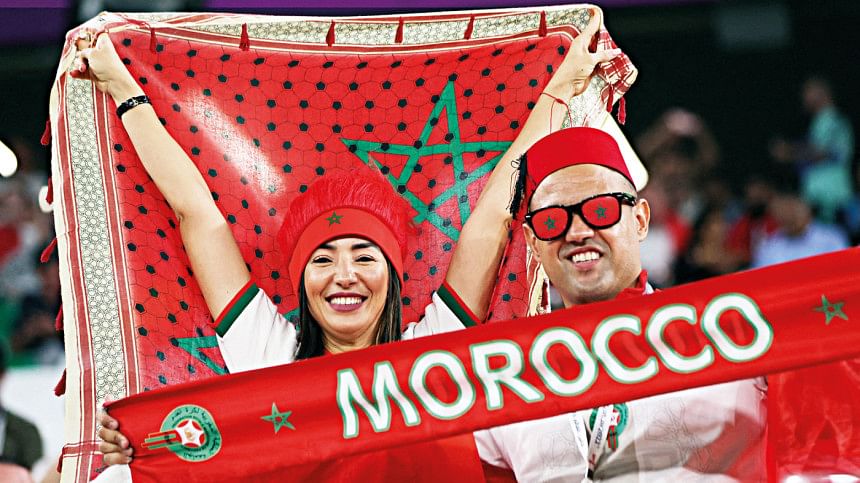
There have been other incidents that had all the power to dilute the on-field drama that we all signed up for and ended up receiving in bountiful proportions till date. Thus, the sensational moments, goals, celebrations, refereeing decisions, and the prospect of obtaining bragging rights, seeing their favourite stars collide at the tournament's climax, and so on, are the topics that hardly fail to meander their way into public conversations these days.
So, Mr. Politics, at least for now, at least for a little over a week, please make yourself comfortable at the back seat!

 For all latest news, follow The Daily Star's Google News channel.
For all latest news, follow The Daily Star's Google News channel. 



Comments